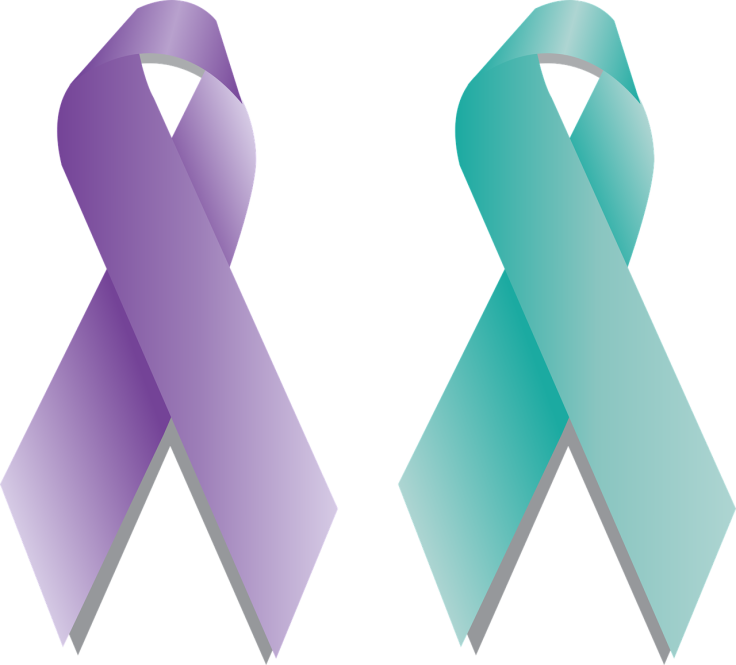PTSD Can Increase Ovarian Cancer Risk, Study Suggests

Post-traumatic stress disorder or PTSD can increase the risk of ovarian cancer, a study suggested. According to the research, women with higher level of stress hormones in the body are likely to be at increased risk of this chronic illness than those who don’t have it.
The study that was published in the medical journal Cancer Research earlier this month tried to find out if PTSD is tied to an increased risk of ovarian cancer. Through the retrospective longitudinal study, the research team found an association between the two.
Ovarian cancer is known to be the deadliest gynecologic cancer. It is the fifth major cause for deaths related to cancer among women in the United States, the researcher team noted.
For the study, the researchers analyzed data of more than 54,700 women in the United States. All the participants in the study were part of a health study that was conducted between the years 1989 and 2015.
In every two years, the participants were asked about their ovarian cancer diagnosis. From 2008, the participants were also asked about their experience with any traumatic events and PTSD symptoms related to it.
During the 26 years of follow-up, only 110 women were diagnosed with ovarian cancer and most of them reported to have six or seven higher levels of PTSD symptoms.
“We hypothesize that stress hormones directly affect cancer cells that may be in the body, causing them to grow faster and become more invasive,” lead researcher Andrea Roberts, who is a research scientist at the Harvard TH. Chan School of Public Health in Boston told Reuters.
“It is also possible that chronic stress interferes with the body’s ability to kill cancer cells,” the researcher added.
However, the study has its own limitations mainly because it was not designed to prove if PTSD symptoms were directly associated with ovarian cancer and if so, then how.
Still, the researchers suggested that treating PTSD symptoms could reduce the risk of ovarian cancer. “There was a suggestion in our data that women who no longer had PTSD were at lower risk than women with active PTSD symptoms,” Roberts said.
“We can’t be sure from our study, but it may be that successful treatment for PTSD would reduce risk. Generally, though, the strongest risk factors for ovarian cancer (like having family members with ovarian or breast cancer, or having no children) are not things women are likely to be able to change,” the researcher added.
© Copyright IBTimes 2024. All rights reserved.











